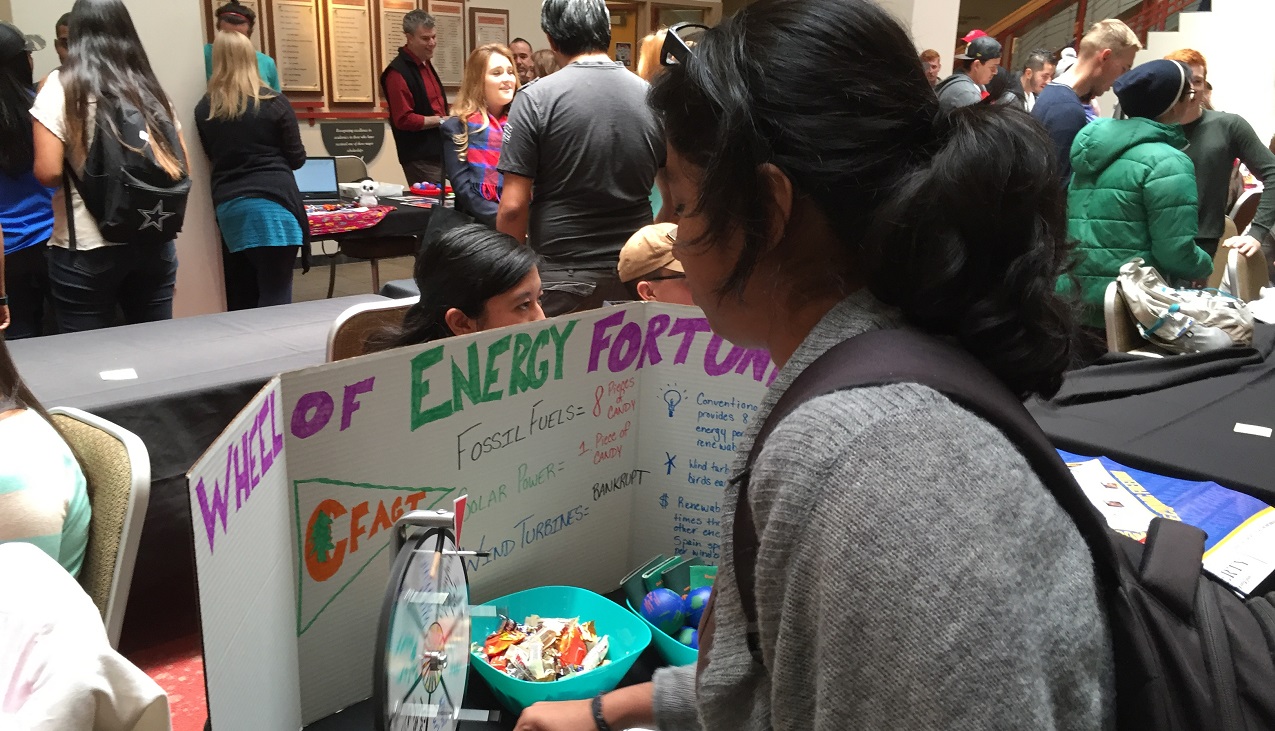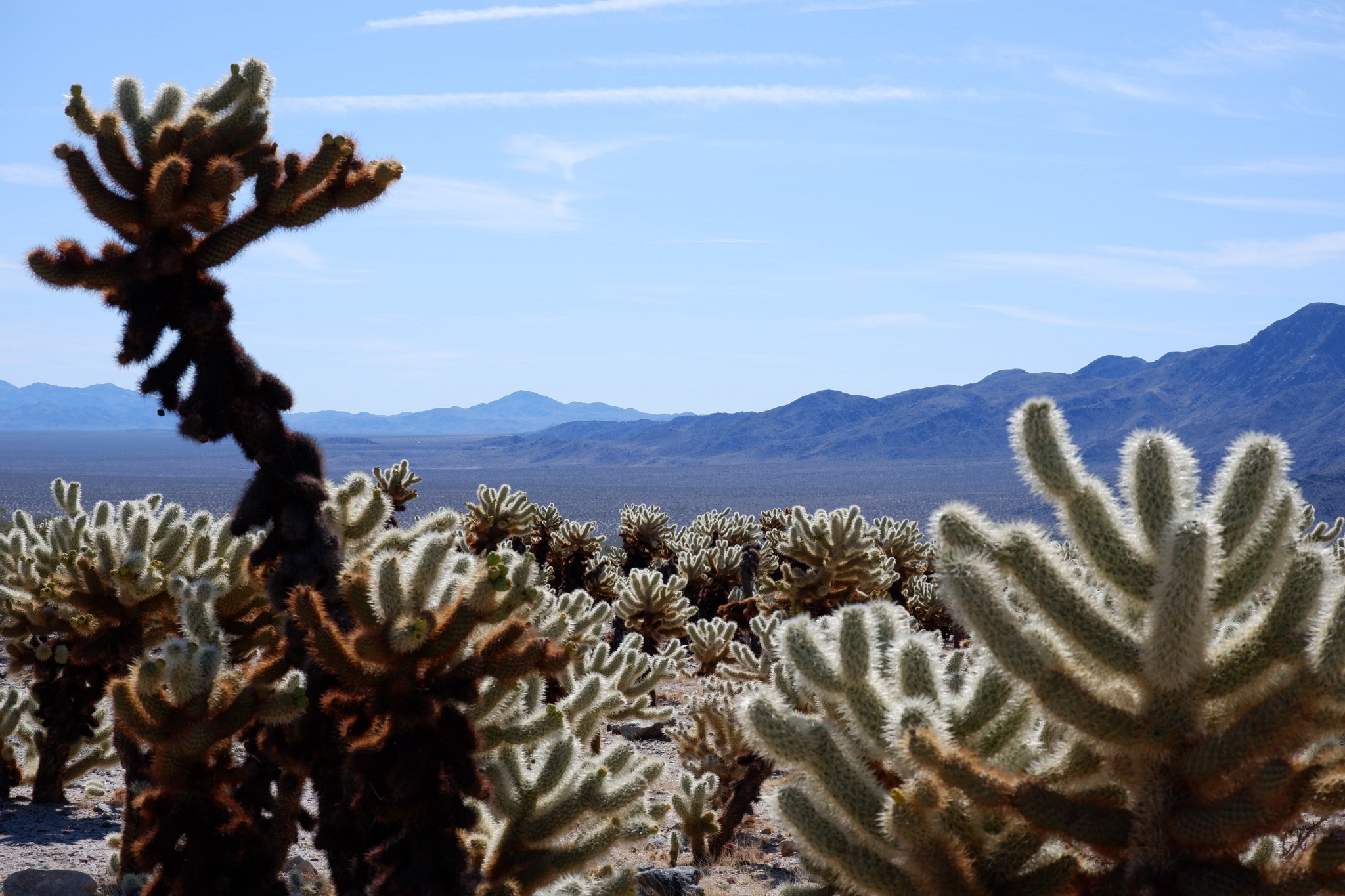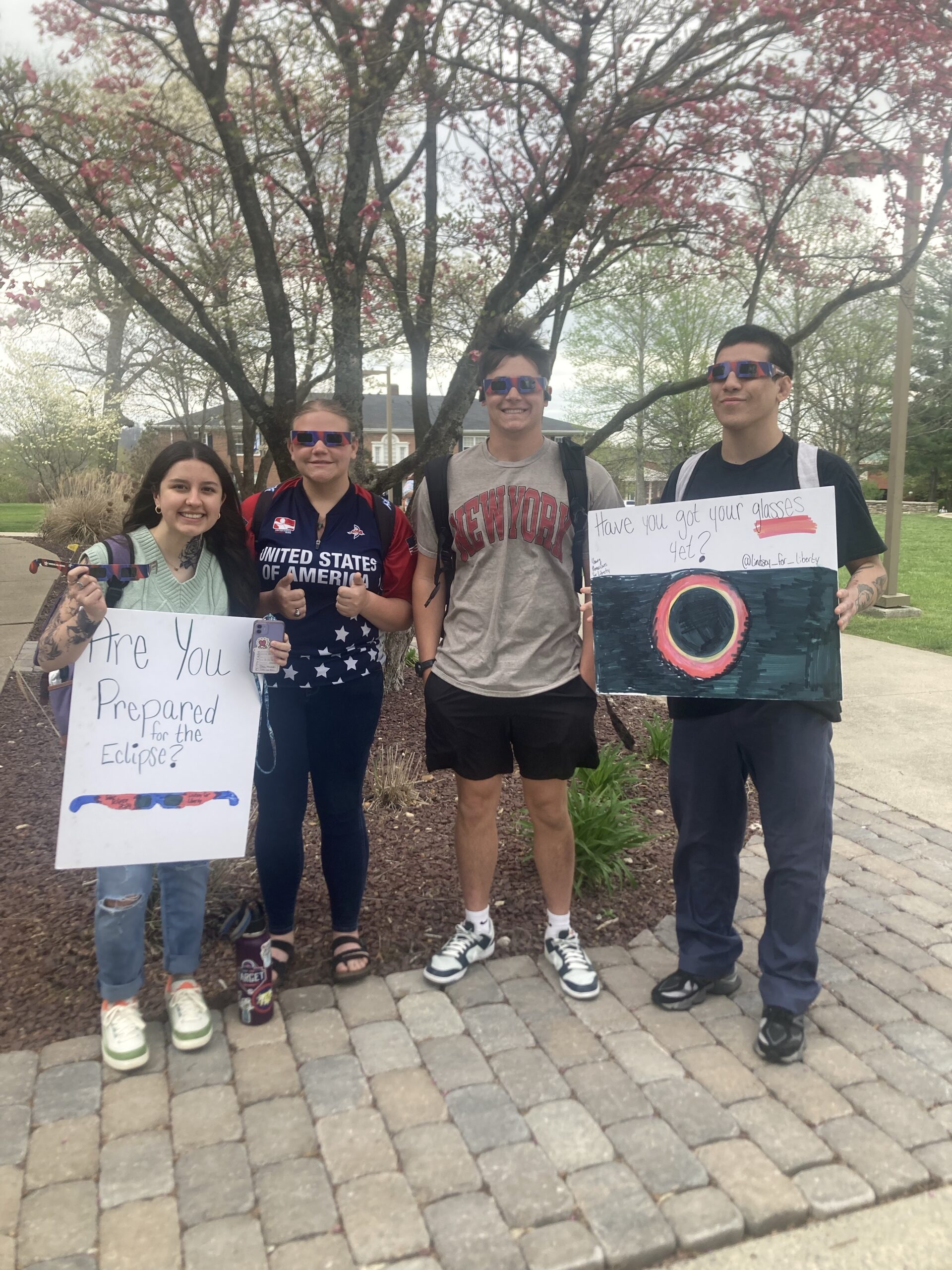Collegians at the University of New Mexico in Albuquerque gave their peers the chance to win free candy-all they had to do was take their chances on spinning the wheel of energy fortune.
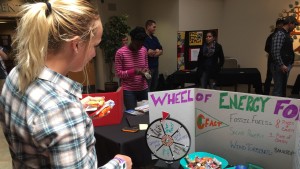 Participants could land on three spaces: either conventional fossil fuels, solar panels, or wind turbines. Landing on fossil fuels would give you 8 pieces of candy, landing on solar awarded you 1 piece, while landing on wind turbines would slap you with a bankrupt.
Participants could land on three spaces: either conventional fossil fuels, solar panels, or wind turbines. Landing on fossil fuels would give you 8 pieces of candy, landing on solar awarded you 1 piece, while landing on wind turbines would slap you with a bankrupt.
Students learned that our government has deliberately chosen to land on bankrupt by pursuing massive subsidies for wind turbines and solar panels. 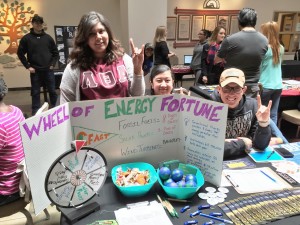
“This was really eye opening,” student Gisel Breceda remarked. “I became informed on a lot of things in regards to renewable energy that I was totally unaware of.”
While conventional energy such as fossil fuels, nuclear, or coal provides up to 7 or 8 times the energy as renewables (thus the 8 pieces of candy), solar and wind need 50 times the government subsidies as other industries in order to stay afloat. Landing on wind turbines caused the contestant to go bankrupt because countries like Spain spend $1.38 million per green energy job. In Britain, it would take 3,000 wind turbines to match the capacity of a single coal plant.
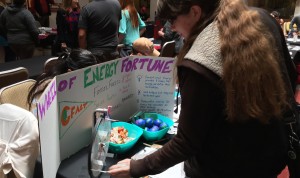 “This is just one example of how big government isn’t the answer to our environmental problems,” student Vivianne Gonzalez said. “Another issue important to New Mexico is water use. There are stringent controls on how you can even water your lawn here. But examples have shown that when individuals are responsible for their own water, they take its use and stewardship more seriously.”
“This is just one example of how big government isn’t the answer to our environmental problems,” student Vivianne Gonzalez said. “Another issue important to New Mexico is water use. There are stringent controls on how you can even water your lawn here. But examples have shown that when individuals are responsible for their own water, they take its use and stewardship more seriously.”
The event was in response to President Obama’s Clean Power Plan, which calls for vastly increased dependency on renewable energy across the country.
Until these energies are pursued in the competition of the free market, massive subsidies and EPA regulations are going to increase energy costs for lower and middle class Americans. California, which has proposed that 50% of the state’s energy come from renewables, has energy bills 4 times the national average.
